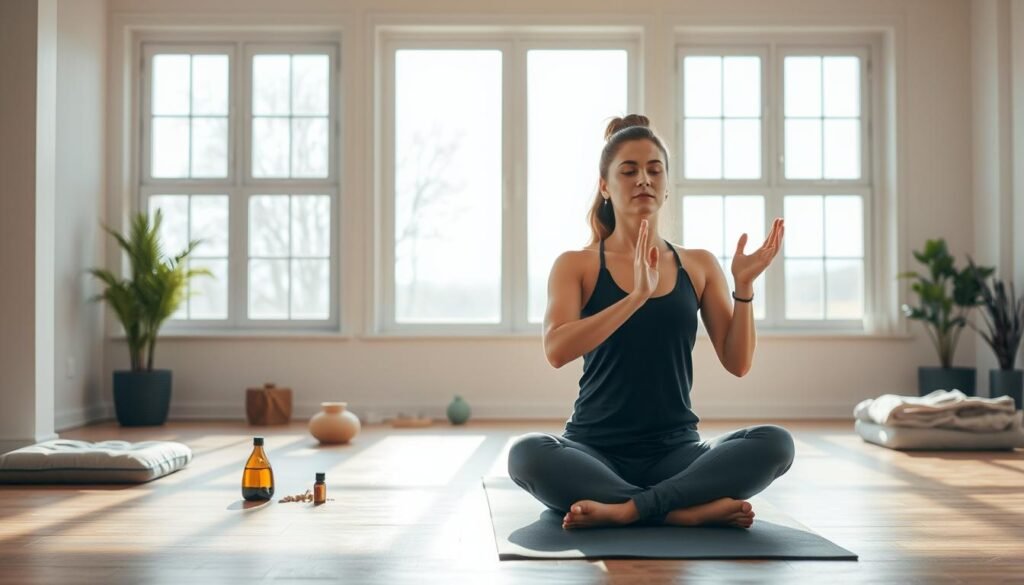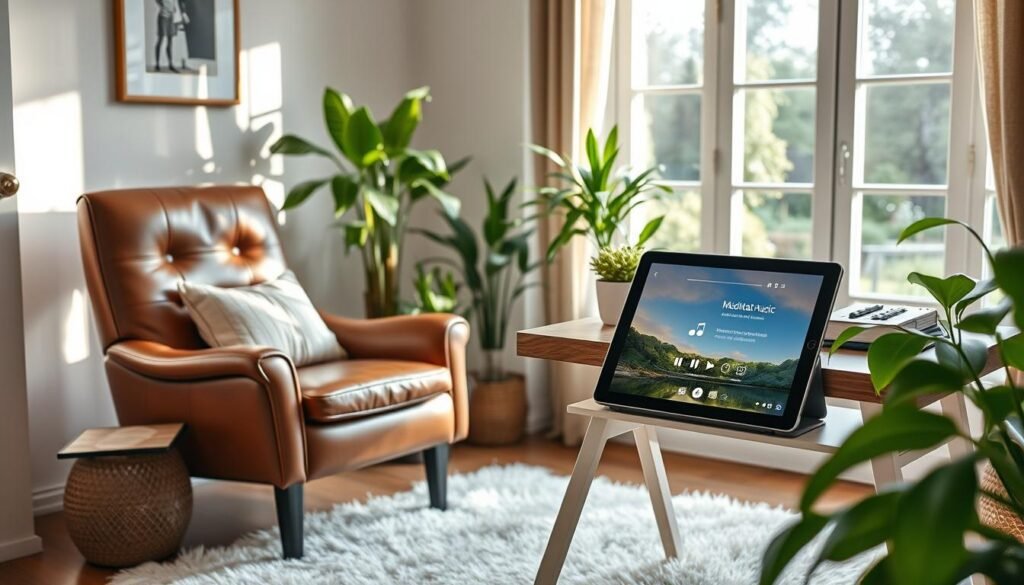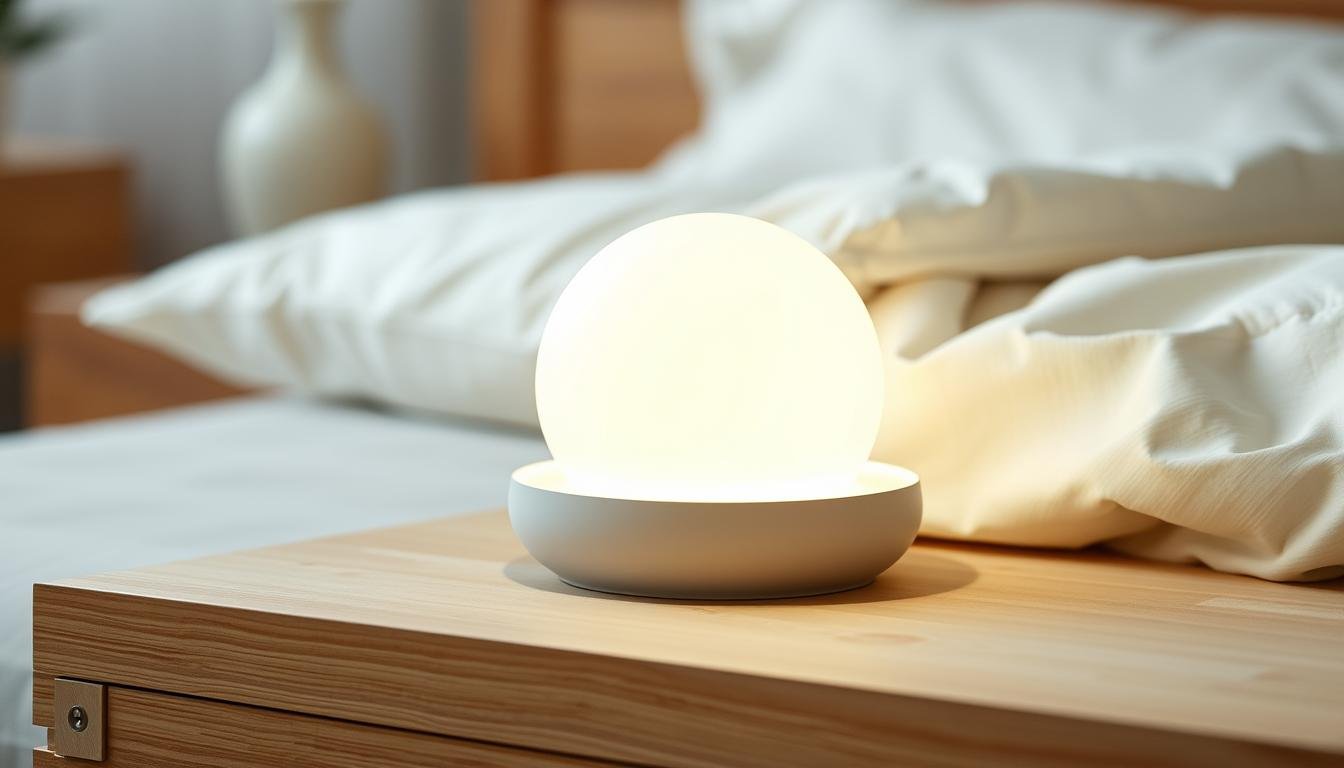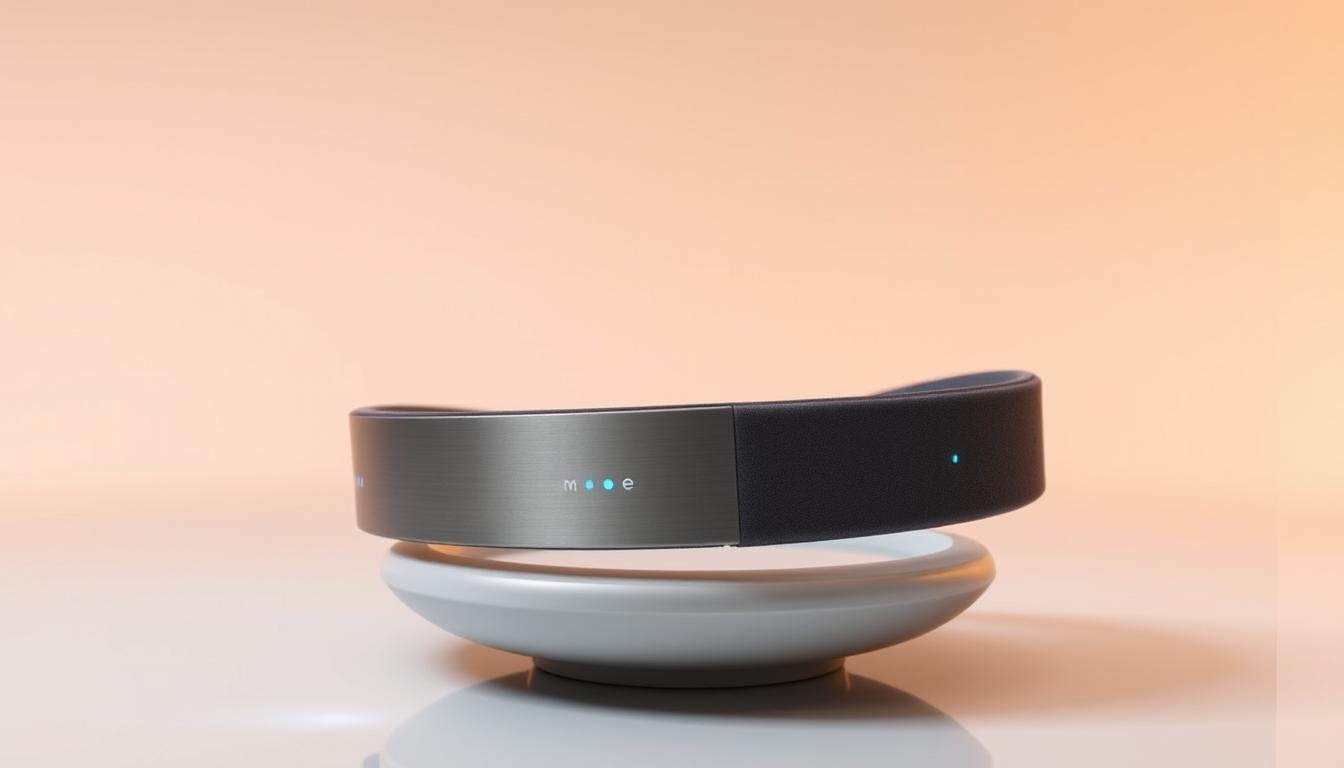Stress-Busting Apps: Manage Anxiety with These Tools
Life moves fast, and sometimes it feels like our minds can’t keep up. Whether it’s work deadlines, family responsibilities, or endless notifications, modern challenges can weigh heavily on mental wellness. But what if your phone could become a pocket-sized ally instead of another source of pressure?
Digital tools are stepping up to help people navigate daily pressures. Some use neuroscience-backed games to train your brain toward calm, while others guide you through breathing exercises or meditation sessions. For example, apps like Personal Zen blend play with proven techniques to shift negative thinking patterns. Sanvello offers on-the-go support with mood tracking and therapist-approved strategies.
These solutions aren’t just trendy—they’re built on research. Many incorporate methods like cognitive behavioral therapy (CBT) to help reframe thoughts. Others focus on building habits, like short daily exercises that fit into even the busiest schedules. The goal? To create moments of peace in a noisy world.
Key Takeaways
- Digital tools are becoming essential for maintaining mental wellness in today’s fast-paced lifestyle.
- Many apps use science-backed strategies, such as CBT and neuroscience, to reduce anxiety.
- Examples include Personal Zen (game-based relaxation) and Sanvello (breathing exercises).
- Features like meditation guides and habit-building activities support daily routines.
- Upcoming sections will explore top-rated options and tips for choosing the right fit.
Introduction: The Role of Technology in Stress Relief
In an era where screens dominate our attention, technology is quietly rewriting the rules of self-care. Just a decade ago, finding calm often meant flipping through books or attending in-person workshops. Now, a tap on your phone connects you to mindfulness practices once reserved for retreat centers.
Technology’s Impact on Modern Stress Management
The shift isn’t just about convenience—it’s about democratizing mental health support. Over 40% of U.S. adults use digital tools to track their well-being, according to recent surveys. These platforms offer everything from bite-sized breathing exercises to personalized programs that adapt to your progress.
Gone are the days of one-size-fits-all solutions. Apps now analyze your habits and moods, suggesting activities like meditation sessions or gratitude journaling. Features like progress tracking turn abstract goals into tangible achievements, making it easier to stick with healthy routines.
Changing Habits in a Digital Age
Small actions add up. A two-minute breathing exercise while waiting for coffee or a lunchtime walk guided by your phone can shift your entire day. Over time, these micro-moments rewire how we respond to challenges.
By embedding support into daily life, technology makes wellness feel less like a chore and more like a natural part of modern living. It’s not about replacing traditional methods—it’s about expanding the toolkit so everyone can find what works.
Stress Management Apps: Essential Features for a Calmer Mind
Your phone could be the gateway to a calmer day—if it’s equipped with the right tools. The best digital companions blend smart design with methods that actually work, turning fleeting moments into lasting habits.
Design and Usability
Cluttered screens and confusing menus only add to mental noise. That’s why user-centric design matters. Apps like Sanvello use clean layouts and gentle color palettes to create a soothing experience. One-tap access to breathing exercises or mood journals removes friction when you need support fast.
Multi-sensory features also play a role. Visual guides for meditation, calming audio tones, and haptic feedback during exercises create layers of support. As one developer notes: “If an app feels like a chore, people won’t use it—no matter how good the content.”

Research-Based Techniques for Stress Reduction
What separates gimmicks from genuine help? Science-backed strategies. For example, Relaxing Rhythms uses biofeedback to sync breathing with heart rate, a method shown in studies to lower stress markers. Daily check-ins that track symptoms over time help users spot patterns and celebrate progress.
Guided sessions rooted in proven methods—like 4-7-8 breathing or body scan meditations—offer reliable relief. A 2023 JMIR Mental Health study found that consistent use of these evidence-based exercises improved emotional resilience by 34% in eight weeks.
Ultimately, the magic happens when thoughtful design meets techniques that respect both your time and your health.
Product Roundup: Exploring Top Apps for Mental Health
Finding calm in a chaotic world starts with the right tools at your fingertips. Let’s explore standout options across three categories—each designed to fit different lifestyles and preferences.

Play Your Way to Positivity
Who says building resilience can’t be fun? Personal Zen turns anxiety relief into a playful experience. Its soothing games guide users to focus on positive stimuli, training the brain to sidestep negativity. One user shared: “It feels like a mini-vacation during my commute.”
Breathe, Reflect, Repeat
For those craving structure, apps like Headspace and Calm offer bite-sized sessions. Choose from 3-minute breathing breaks or 30-minute deep dives into body scans. The Mindfulness App even lets you customize backgrounds—think rainforest sounds or Tibetan singing bowls.
Your Health, Holistically Tracked
Devices like Fitbit go beyond step counts. Their sleep analysis reveals patterns affecting daytime energy, while mood logs help connect physical activity with emotional shifts. VA News highlights specialized tools for veterans, blending exercise tracking with PTSD support modules.
| App | Best For | Key Features | Free Trial |
|---|---|---|---|
| Personal Zen | Positive thinking | Neuroscience games | Yes |
| Headspace | Meditation | Guided sessions | 7 days |
| Fitbit | Health tracking | Sleep + mood reports | N/A |
Whether you’re squeezing in a game between meetings or unwinding with a sunset meditation, these picks put holistic support in your pocket. The key? Experiment until you find what clicks.
In-Depth Look: Benefits and Challenges of These Tools
Digital wellness tools promise relief, but do they deliver? Let’s explore real-world triumphs and hurdles through the lens of those who’ve tried them.
User Experiences and Success Stories
Sarah, a teacher from Ohio, shares how daily check-ins transformed her routine: “Tracking my mood showed patterns I’d never noticed. On hectic days, the app suggested quick breathing breaks—it became my safety net.” Veterans using specialized platforms report similar breakthroughs. One shared:
“The PTSD modules helped me sleep better within weeks. It’s not a cure, but it’s progress.”

Mood journals and guided exercises help many spot triggers. A 2023 survey found 62% of users felt more in control after three months. For some, these tools even eased symptoms of depression. Small wins add up—like celebrating a 10-day meditation streak or noticing fewer anxiety spikes.
Balancing Pros and Cons
While success stories inspire, challenges exist. Subscription costs frustrate budget-conscious users. “I loved the features but couldn’t justify $15/month,” admits college student Marco. Others find navigation tricky—one retiree joked, “I needed a tutorial to relax!”
| Benefits | Challenges | Real-World Impact |
|---|---|---|
| Enhanced mood tracking | Premium paywalls | 72% better self-awareness* |
| 24/7 support access | Steep learning curves | Veterans report 40% less stress anxiety |
| Depression symptom logs | Data privacy concerns | 56% stick with tools long-term |
Community forums highlight this balance. Many praise customizable features while wishing for simpler designs. As mental health advocate Dr. Lin notes:
“These tools work best when paired with human support—they’re supplements, not replacements.”
Your journey might differ. Some thrive with structured programs; others prefer freestyle journaling. The key? Start small and stay curious.
Choosing the Right App: Tips for Personalized Stress Relief
Finding the perfect digital companion starts with knowing yourself—and your phone’s potential. Like a tailored workout plan, effective tools align with your daily rhythms and challenges. Let’s explore how to match features to your unique needs.

Assessing Your Personal Needs
Begin by asking: “What moments in my day feel overwhelming?” If sleepless nights drain your energy, prioritize apps with sleep analysis and wind-down routines. For quick tension relief, look for 3-minute breathing guides or mood-boosting games.
Compare features like therapy access or meditation libraries. A parent juggling childcare might value short audio exercises, while a veteran could benefit from specialized VA resources. As one user noted: “The right app feels like it’s reading my mind—in a good way.”
Understanding Subscriptions and Long-Term Commitments
Free trials let you test-drive premium features without upfront costs. But read the fine print—some auto-renew yearly. Ask:
- Does the subscription price match the value?
- Are there hidden fees for therapy sessions?
- Can I downgrade to a free plan later?
| Feature | Free Tier | Premium Tier |
|---|---|---|
| Sleep Tracking | Basic reports | Detailed analysis |
| Therapy Access | None | Licensed professionals |
| Meditation Library | 5 sessions | 300+ sessions |
Prioritize apps offering lifetime access options if long-term use fits your goals. Remember: The best tool adapts to your life—not the other way around. Start small, track progress, and adjust as needed.
Conclusion
Your journey toward calm doesn’t need to be complicated. From neuroscience games to guided meditation, today’s digital tools offer diverse paths to better mental health. Whether tracking sleep patterns or practicing breathing exercises, these solutions help turn small moments into lasting change.
Studies show consistent use can improve sleep quality and mood stability. While subscription costs or learning curves might challenge some, free trials let you explore options risk-free. Remember: The best fit aligns with your daily rhythm—like bite-sized sessions during commutes or evening gratitude journaling.
Progress, not perfection, is the goal. As one user shared, “Five minutes a day rewired how I handle tough days.” Try one technique this week. Your future self might thank you for taking that first step toward a lighter, more balanced life.
FAQ
How do mental health apps help with anxiety?
Many tools use research-backed methods like mindfulness exercises, guided meditation, and mood tracking. For example, Headspace offers bite-sized sessions to reframe negative thoughts, while Happify uses games to build resilience. These features promote relaxation and self-awareness over time.
Are free versions of these tools effective?
Free tiers often include basic exercises, sleep stories, or progress trackers. Apps like Insight Timer provide unlimited meditation content without a subscription. However, premium plans unlock deeper programs, personalized coaching, or advanced analytics—ideal for tackling chronic issues.
Can apps replace therapy for depression?
While apps like Sanvello offer CBT-based techniques and symptom tracking, they’re best used alongside professional care. Severe cases require clinical support. Think of these tools as supplements, not substitutes, for managing day-to-day challenges.
How do I pick an app that fits my lifestyle?
Start by identifying your goals: better sleep, reduced anxiety, or habit-building. For busy schedules, try Calm’s 10-minute meditations. If community support matters, check out Finch’s social features. Most apps offer free trials to test their approach before committing.
Do activity trackers improve overall well-being?
Yes! Tools like Fitbit or Apple Health sync physical data (heart rate, steps) with mood logs. Seeing patterns—like how exercise impacts your energy—helps tailor routines. Some apps even suggest micro-workouts to break stress cycles during the day.
Are mindfulness programs time-consuming?
Not at all. Many apps, such as Simple Habit, provide 5-minute sessions for quick relaxation. Even short daily practices can lower cortisol levels. Consistency matters more than duration—think of it as building a sustainable self-care habit.
What about privacy concerns with health data?
Reputable apps like Moodfit use encryption and clear data policies. Always check permissions before signing up. Avoid tools that sell user info or lack transparency about how they handle sensitive details like symptom journals.
Can these tools help with sleep issues?
Absolutely. Apps like Sleep Cycle analyze your sleep stages and offer wind-down routines. Others, like Slumber, mix ASMR sounds and bedtime stories to quiet racing thoughts. Pair them with relaxation techniques for better results.
Share this content:




Post Comment